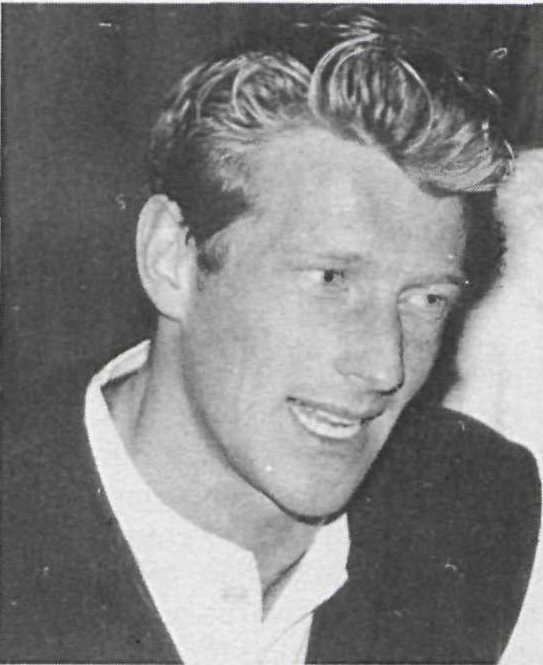Gunnar Smári Egilsson writes about Magnús Scheving and Latabæ.
A few years ago I visited Hallgrím Helgason in a tiny artist house in Hveragerði. I think Knútur Bruun had this house renovated and got the idea to lend it to artists to work on their work in peace. Hallgrímur was writing the final chapters in a book that later became 101 Reykjavík.
It was autumn and it was getting dark at night. When we had sat for a short time over a Nescafé, there was a knock on the front door. Hallgrímur went to the door, but since the house was small, I heard the guest explain the message. He said that he stays at Hótel Örk writing a children’s book – or rather speaks a book on tape.
He said he could not write but had a wife working on it. He said that he had heard in town that another author had stayed there for similar work and had decided to greet him. Hallgrímur invited his colleague in for coffee and there was Magnús Scheving – then called an aerobics fighter.
The evening that followed was memorable for me, that everything about Magnús came as a surprise to me. I had not realized that he had given hundreds of lectures to tens of thousands of children around the world and brought them to Latibær. Although this message seemed simple, it was not because Magnús was a simple man. He wanted to encourage children to exercise and eat healthy food.
And since it is not enough to want, but people have to do something to generate the will, Magnús told us about his ambitious plans for books, plays, TV shows, cards, toys, theme parks and whatever. He intended to make Latibær a giant company for movement and loyalty and believed that over time Latibær would have no less value for Iceland than Tintin for Belgium.
From this evening I have watched Magnús perform many of these. He is probably the only one who has used Icelandic society as an experimental market – which is a bit strange in light of how much has been said about the possibilities involved.
Magnús has created bestselling books, staged bestselling plays and kept Latibær alive and working for years. The agreement he made with an American television company yesterday is hopefully only the beginning of many new chapters in Latibær’s history. It is easy to admire the power of Magnús Scheving, the application of the goals and the efforts to achieve them. But we can also be satisfied with the mission he is putting in Latibær.
It is not just a matter of children exercising and eating good food, but also of those who offer sensible solutions to all problems. The temptations in Latibær are most familiar; speed and effortlessness lead to well-being. It’s no wonder then that people in Amerika think Latibær has a good day.
